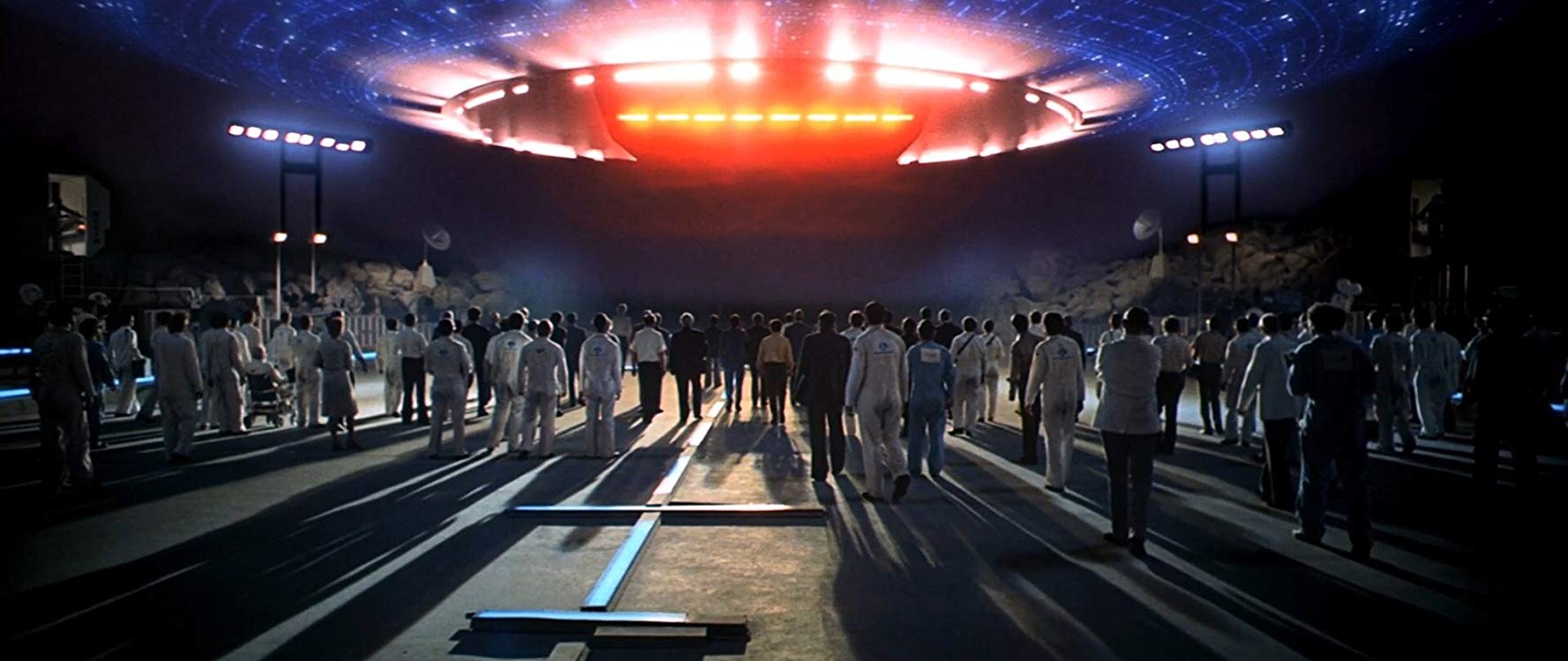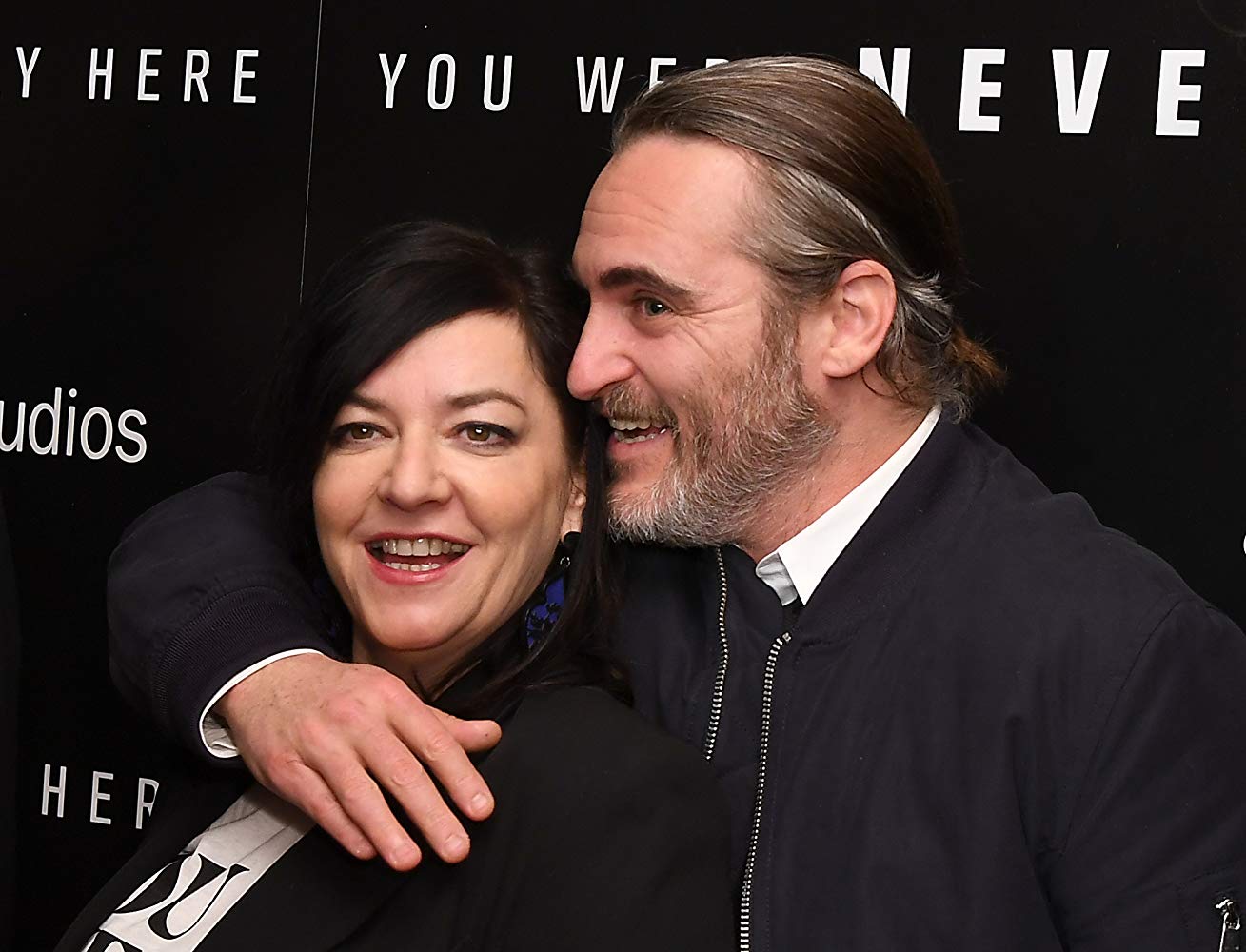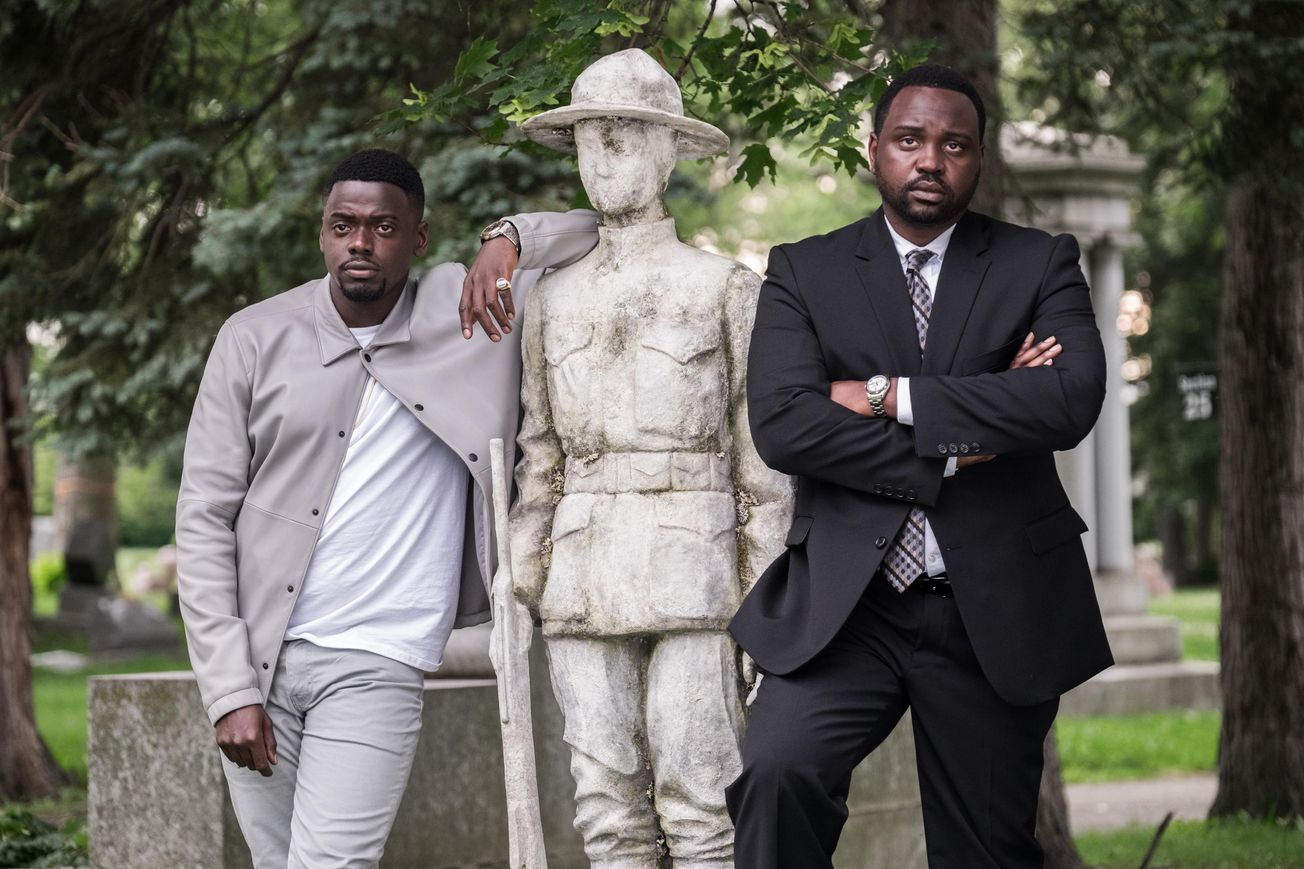By Jasmine Norden, Third Year, Psychology
While we await the results of tonight’s ceremony, it’s worth remembering the Academy Awards has notoriously ignored many acclaimed works, including, as Leah Martindale highlighted yesterday, Do The Right Thing (1989). Find here a more film-by-film account of past and present films which missed out.
As is always the case, this year’s award season has brought surprise, praise and outrage alike. Yorgos Lanthimos has left niche behind with the wide and uncontentious acknowledgement of The Favourite (2018). Less universal acclaim has gone to controversial nominees Bohemian Rhapsody (2018) and Green Book (2018), with the usual insistence that there are others more deserving.
2018 gave us bold movies like WIDOWS, BURNING, SHOPLIFTERS, COLD WAR, IF BEALE STREET COULD TALK, LEAVE NO TRACE, TULLY, CAN YOU EVER FORGIVE ME, YOU WERE NEVER REALLY HERE, THE FAVOURITE etc but you wouldn’t know it looking at the Oscars’ Best Picture/Director/Screenplay noms.
— Prattle Angel: Stefano (@THE_Stefano_DLC) February 23, 2019
Barry Jenkins’ follow-up to Moonlight (2016), If Beale Street Could Talk (2018), for example, went unrecognised for 'Best Picture' by the Academy, prompting an immediate outcry about the inclusion of certain other films in the category that would have been better replaced by Queen’s greatest hits album. If Beale Street Could Talk joins many films and actors of this year and years previous in being passed over for a nomination despite critical acclaim.
Personally, one of the largest snubs of this award season was the complete and utter lack of acknowledgment for Widows (2018). Steve McQueen’s heist thriller received nothing but a BAFTA nomination for Viola Davis, ignoring the rest of an entire cast of skilled performers.
Perhaps most criminally unrecognised here is Daniel Kaluuya, playing an antagonist as the enforcer for his brother’s (Brian Tyree Henry) political campaign. The brilliance of Kaluuya’s performance lies in the unease he creates simply from his presence on screen, the fear of what he’s about to do that reaches the characters and the audience. He draws out the tension for just a moment too long, manufacturing a sense of security that rebounds just as it seems appropriate to relax. It was one of the most memorable performances of the year, deserving of a ‘Best Supporting Actor’ nomination for a Golden Globe at least.

Arrival / Paramount Pictures / Jan Thijs
Another supporting actor who has been snubbed over and over again is Amy Adams, nominated this year for Vice (2018). This year marks Adams’ sixth Oscar nomination and seventh BAFTA nomination, and the possibility of her first win for either. Her currently unbroken streak of losses is comparable perhaps only to Leonardo DiCaprio’s, who also famously lost five Oscars before finally winning his sixth.
Adams has received the same number of nominations in a shorter time period, though has yet to receive the same kind of outcry campaigning to give her an Oscar. Arguably, Adams’ lack of popularity with Oscar voters has extended to failing to even receive a nomination for some of her best work. Her performance in Arrival (2016) as linguist Louise Banks was critically lauded as one of the best parts of the film, balancing a quiet empathy and tragedy in a film that belongs entirely to her.
A lack of recognition for Arrival was unsurprising; the Oscars in particular have long struggled to praise genre films as they deserve. Science fiction and horror films are less likely to be nominated for ‘Best Picture’, evident in classics like The Shining (1980) and 2001: A Space Odyssey (1968). Though this year represents a leap forward in a wider recognition of genres with the ‘Best Picture’ nomination for Black Panther (2018), horror favourites such as Toni Collette’s performance in Hereditary (2018) were still passed over.

Close Encounters of the Third Kind / Columbia Pictures
Were we to live in a world where science fiction films were more acceptable to nominate for ‘Best Picture’, an iconic film like Close Encounters of the Third Kind (1977) was robbed of what it deserved. This film was a master of suspense, a different breed entirely in its lack of cynicism and wonder that arguably can only be achieved to this extent by science fiction films that go beyond what we know. We can only hope that future award seasons end the long history of snubbing genre films.
Finally, those ignored by award season cannot be discussed without mentioning the category of ‘Best Director’. Award ceremonies have come a long way in terms of diversity since their beginnings, with attempts to diversify nominees and voters. This has been more successful in some areas, but in terms of ‘Best Director’, we’re still looking at a grand total of five female nominees in the entire history of the Oscars, all of whom were also white, and one winner.
The list of five male directors again this year has prompted the conception of the ‘4 per cent challenge’, a promise which commits actors, directors, and producers to sign on to working with a female director in the next eighteen months - the name is in reference to the percentage of female directors in the industry. So far, big names such as Tessa Thompson and J.J Abrams have pledged their support for the challenge, with many more in tow. The challenge offers hope that in the next few years we will see more women nominated for ‘Best Director’, but in the meantime, there are plenty of female directors who were passed over for nominations.

Getty Images / Angela Weiss
Two worth mentioning are Ava DuVernay and Lynne Ramsay. Ava DuVernay’s direction of Selma (2014) deserved an Oscar nomination to match her historic nomination for ‘Best Director’ at the Golden Globes. Selma was equal parts bold and hard-hitting, universally critically acclaimed and yet ignored for ‘Best Director’.
This year, the director most snubbed has been Lynne Ramsay for You Were Never Really Here (2017), which received a seven-minute standing ovation at Cannes. Ramsay handles the tension in You Were Never Really Here so deftly it’s suffocating, demonstrating her skill through backstories told in seconds-long scenes and clever manipulations which render the audience, alongside the protagonist (Joaquin Phoenix), unable to tell the difference between a smile and a scream. These are only two of many deserving female directors who fell victim to the Academy’s inability to recognise them for their talent, though hopefully some of the last.
Award season snubs are, of course, a subject of great disagreement; perhaps some thought A Star Is Born (2018) actually deserved all the spots it took up. Despite grievances, there is a hint in this year’s nominees that snubbing of genre and female-directed films may be coming to an end.
Featured Image Credit: Watershed / Widows / Twentieth Century Fox
What is the biggest awards snub of all time?
Facebook // Epigram Film & TV // Twitter








